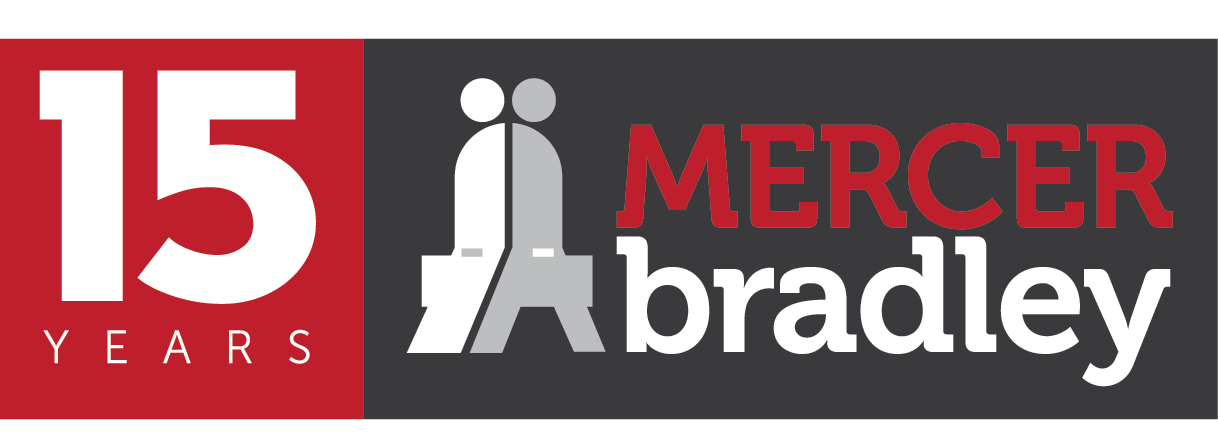Automation continues to change the accounting industry. With more low-level tasks being taken over by technology, accountants need to know how their roles may be affected. Accountants may lose some routine tasks, take on additional responsibilities, or be impacted by even bigger career modifications.
4 Reasons Your Role is Changing
1. Accounting Tasks Are Being Automated
Because many accounting tasks are being automated, your work responsibilities may be changing. For instance, accounts payable/receivable processing may be performed by an artificial intelligence (AI)-powered invoice management system to streamline workflows. Also, supplier onboarding may be completed by machines that check a new supplier’s credit score or tax information, use query portals to obtain the necessary information, and set up suppliers in the system. Additionally, the audit process may involve creating a digital trail of when and by whom each file was accessed to increase efficiency, accuracy, and security. Further, the quarterly/monthly close process may be done by machines that can post data from various sources and consolidate and reconcile it to increase efficiency and accuracy and free up time for more strategic thinking. Plus, expense management may be completed by machines that can read receipts, audit expenses, and alert staff if a potential infraction occurs.
2. Accounting Is More Focused on Real-Time
Accounting tasks are becoming more focused on real-time than on past performance. For instance, because CFOs need to provide real-time information to the CIO to guide day-to-day decision making and identify where the biggest areas of opportunity are, CFOs cannot use data from 6 to 12 months ago. Also, many companies are already using software packages to automate the financial planning and analysis process to move toward closing their financials in real time and automating the associated reporting requirements. Additionally, the forecasting process will become more predictable and actionable as the appropriate data is provided to stakeholders in real time to make business decisions. Further, capital allocation will become more efficient as stronger insights, metrics, and highly correlated returns are provided across departments in real time.
3. New Business Models Are Being Created
Because of automation, entrepreneurial accountants are creating new business models. New business models offer new roles and responsibilities for accountants. For instance, business process outsourcing and tax processing services are being formed. Also, financial software implementation services, including providing the analysis generated from the information that the software produces, are being created.
4. Accountants Need to Upskill
With many routine tasks being automated, accountants need to upskill. Because automation frees up time for accountants to complete higher level tasks, they gain actionable insight into ways in which they can provide additional value to their clients and employer. For instance, accountants can build on their skill set through education and training in planning and strategizing. Also, if reports become automated, accountants can move from producing the reports to investigating discrepancies. Additionally, CFOs may build on their experience in business applications, operations, financial planning and analysis, or other areas to remain relevant in the industry.
Propel Your Accounting Career Forward with Mercer Bradley
Propel your accounting career with Mercer Bradley, a leading accounting and finance recruiting firm in Western Canada. Find your next accounting job in Western Canada by working with the expert recruiters at Mercer Bradley! Explore the newest opportunities. Apply today!




Leave a Reply